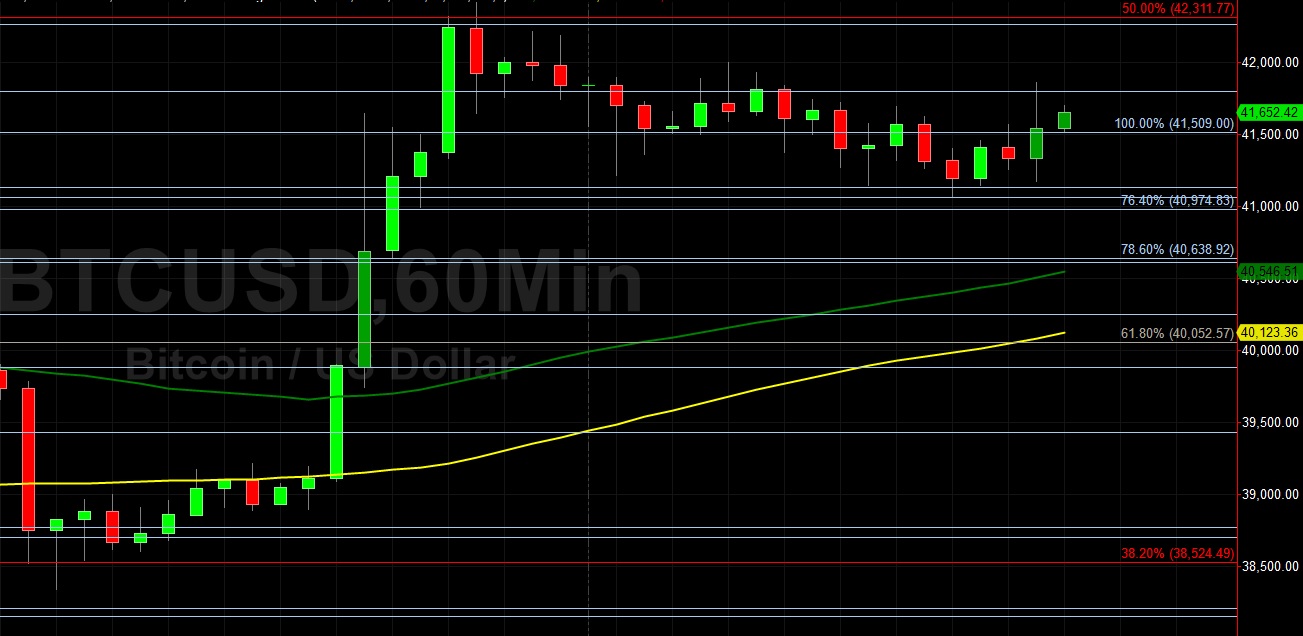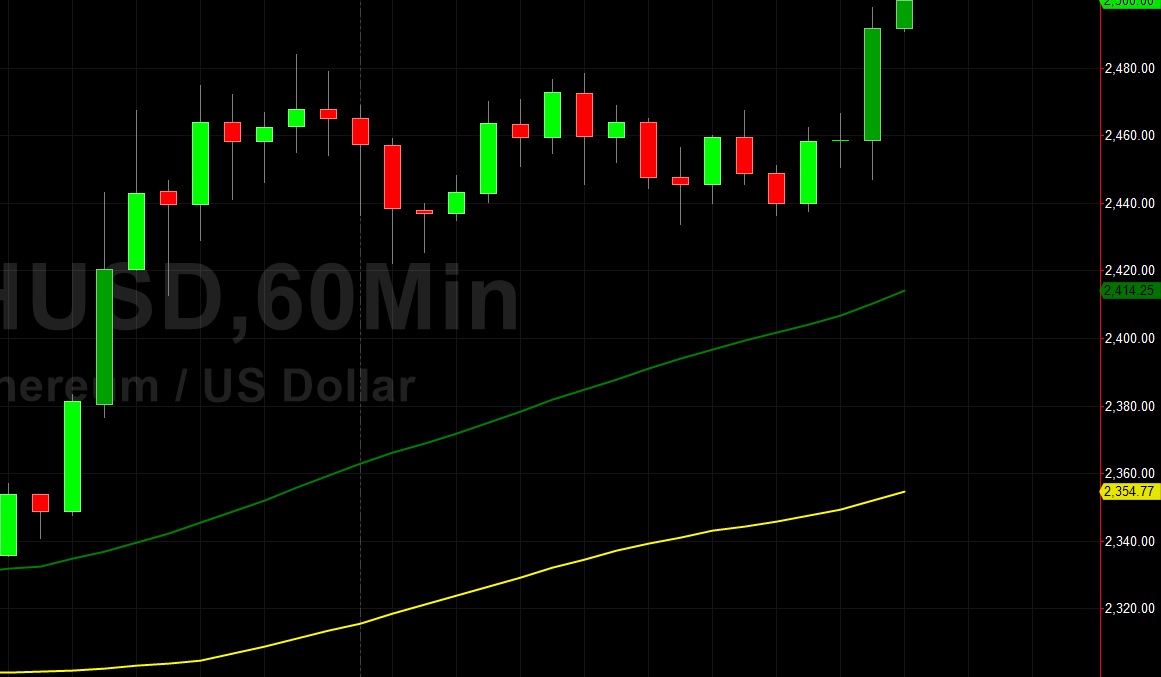The U.S. Senate has proposed a new bi-partisan bill that provides a framework for cryptocurrency regulation in the U.S. which would require increased information reporting from crypto exchanges.
The proposed bill specifically targets crypto exchanges rather than individuals, referring to them as ‘brokers’. One of the focuses of the bill is the increased “information reporting” – which suggests that exchanges could face greater penalties should the bill go ahead.
Referring to cryptocurrency as ‘digital assets’ throughout, the pending bill made no mention of cryptocurrency or even virtual currency, instead defining digital asset as the following:
“the term ‘digital 3 asset’ means any digital representation of value 4 which is recorded on a cryptographically secured distributed ledger or any similar technology as specified by the Secretary.’’
The impact of this bill for cryptocurrency exchanges or “brokers” could be significant, and while the bill has not yet been passed the proposed legislation is poised to become effective in 2023 if it garners the support of the Senate.
Senator Elizabeth Warren is one senator who is likely to vote for the bill to go ahead, having been vocal about her anti-crypto stance in recent months. Recently Warren penned a letter to Treasury Secretary Janet Yellen, urging her to develop a “coordinated and cohesive regulatory strategy” on cryptocurrencies:
“I have become increasingly concerned about the dangers cryptocurrencies pose to investors, consumers, and the environment in the absence of sufficient regulation in the United States.2 However, as the demand for cryptocurrencies continues to grow and these assets become more embedded in our financial system, the Council must determine whether these trends raise concerns beyond investor and consumer protection and extend to broader systemic vulnerabilities that could threaten financial stability”
In spite of negative sentiment from Senator Warren, the crypto market continues to climb, which seems to be the result of overall positive sentiment in the space, but which also brings attention to the greater need for regulatory scrutiny.
Disclaimer: This article is provided for informational purposes only. It is not offered or intended to be used as legal, tax, investment, financial, or other advice.
Credit: Source link























